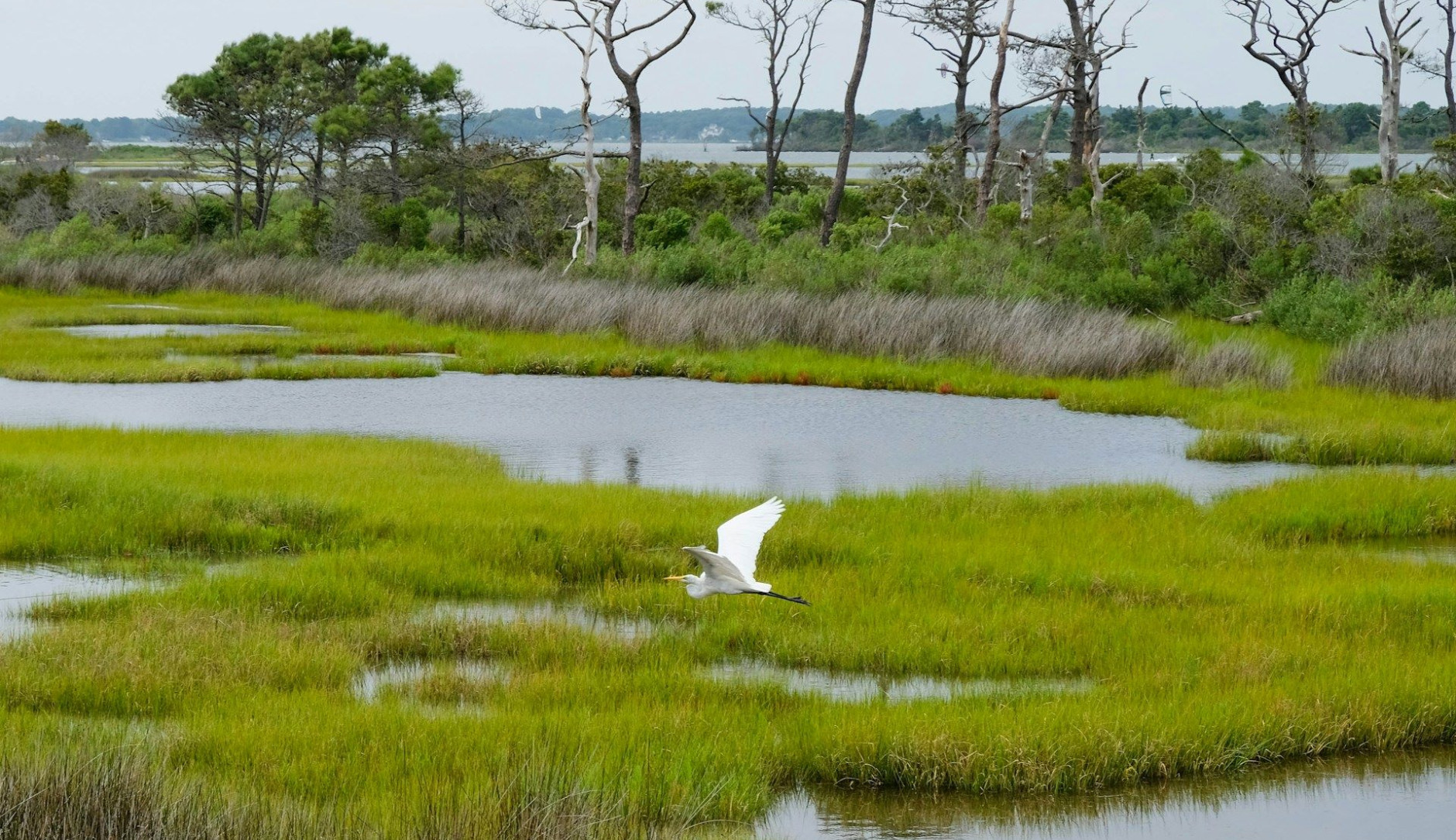Our ecosystems will not wait: freezing the EU’s nature restoration law is irresponsible
At this crisis moment, turning away from protecting our environment is a mistake we will all suffer from.

In April, the European Court of Human Rights issued a landmark judgement against Switzerland, ruling that inaction on human made climate crisis constitutes a violation of basic human rights. Around the same time, the prestigious science journal, Nature, published a study estimating that the economic damage of the climate crisis will cause a decline in global income by 19% by 2050, irrespective of future choices on emission cuts. Another alarming study documents the drastic decline of earthworm populations that are crucial for topsoil ecology, which is the bedrock of human food systems.
The message from just these three examples of many cannot be misunderstood: climate crisis and the destruction of biodiversity are not abstract threats; they are a reality that causes concrete havoc to lives and livelihoods across the globe. Despite the obvious need for decisive political action, what April has not seen is the ratification of the EU’s nature restoration law through the European Council.
Given the state of European ecosystems, it should have been just a formality. Instead, the European Council decided to put the landmark EU nature restoration laws on ice. Rather than owning up to the responsibility of safeguarding what makes this world inhabitable, EU leaders from eight countries, reportedly including Italy and the Netherlands, denied support to a deal that the EU Parliament had already agreed on after months of gruelling search for compromise. As a consequence, all bets are off regarding when and if the EU nature restoration law will come into effect.
The law would have set a target of rehabilitating 20% of the EU’s degraded land, freshwater, sea, and urban habitats by 2030 and reaching 90% restoration by 2050, the minimum necessary for sustainable and future-proof fishery and agriculture. While the draft law offered unnecessary loopholes, for example by excluding farmers and private landowners from some targets, such as peatland restoration, it still represented a major step forward towards a framework of EU environmental legislation that ensures a liveable future.
Not implementing the EU nature restoration law means sacrificing the health and prosperity of future generations for fuzzy, short-term electoral gains, and takes us a step closer to catastrophic ecosystem breakdown. To add insult to injury, by failing to adopt the law, the EU is set to violate the crucial international agreement on nature restoration, the Kunming-Montreal Global Biodiversity Framework. Ironically, the EU itself was instrumental in helping the Kunming-Montreal Global Biodiversity Framework into being. The EU will thus lose credibility on the international stage, damaging the prospects of future coordinated global action on climate crisis and biodiversity.
The protests of farmers across Europe in the last months should have led to a better understanding of what is needed to make the EU nature restoration laws a success, where risks are mitigated and opportunities maximised. Instead, too many EU leaders seemed to have learned that doing nothing and blocking all progress is best, in view of the upcoming European elections in June. EU citizens, though, have the opportunity to teach their leaders an entirely different lesson in June: gambling away the ecological resources of this continent in a populist game for influence and power is irresponsible and will not be tolerated.
Read about our bold plan to restore biodiversity here: